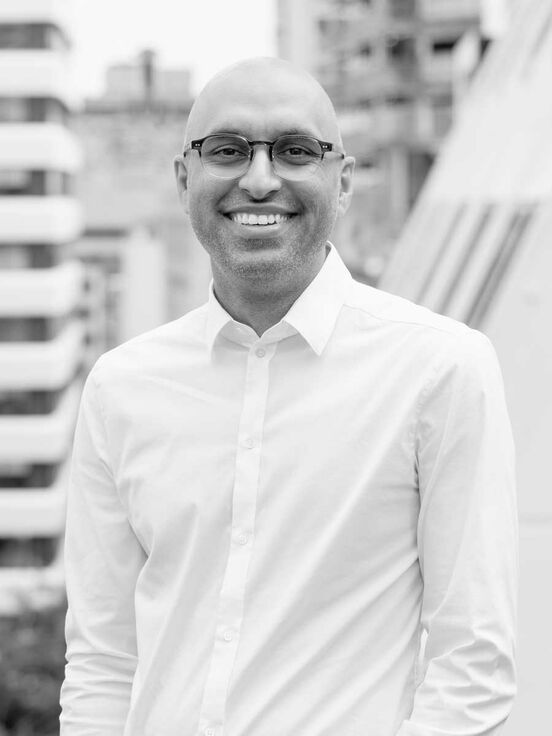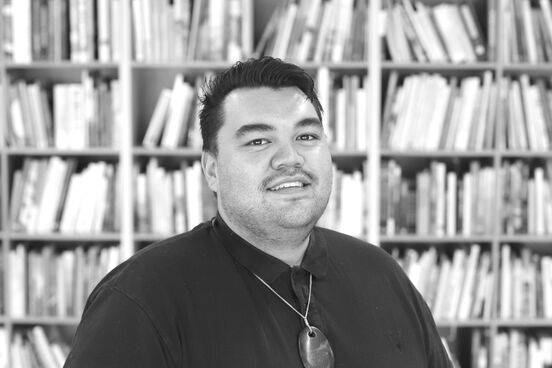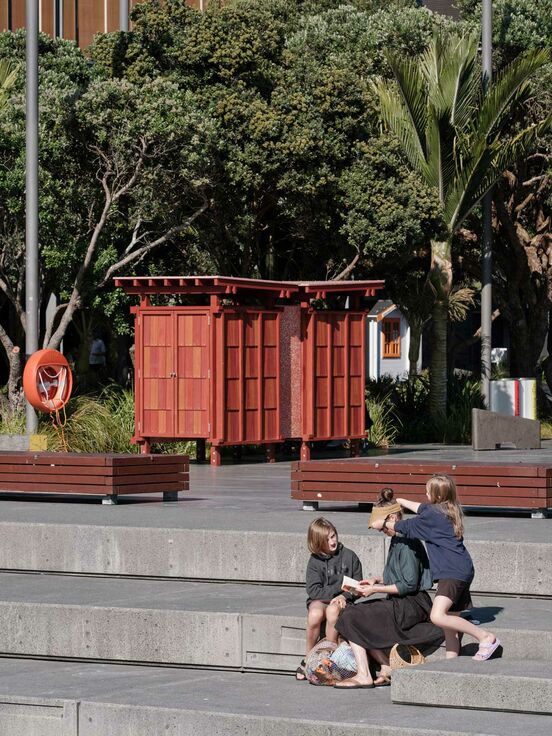In collaboration with Te Kāhui Whaihanga New Zealand Institute of Architects Auckland Branch, this is the first of two talks exploring the integration of Indigenous knowledge with civic architecture, with a focus on spaces designed for knowledge exchange and community connection.
Through the lens of play, co-design and architecture, Objectspace has invited prominent architects to share insights into projects that engage with these themes, which are currently activated in the gallery through our current exhibitions.
In this session, Dr Sarosh Mulla (Pac Studio) will present the Karanga Changing Sheds in Wynyard Quarter, offering a deep dive into Pac Studio’s innovative and thoughtful approach to design that emphasises both playfulness and purpose.
William Hatton (Boffa Miskell) will present on Whānau Ātea Māra Hupara project, rethinking and recreating what a papa-tākaro (play-space) looks like in 21st century Aotearoa with whānau and hapori whānui (community) at its centre.
—
Dr Sarosh Mulla has a wide array of experience in residential architecture, as well as specific experience in heritage and civic architecture projects. After graduating at the top of his class from the University of Auckland in 2008, Sarosh has led projects awarded by both the New Zealand Institute of Architects and the Designers Institute of New Zealand. He has completed a PhD in Architecture by Practice at The University of Auckland, where he was a Doctoral Scholar. And, alongside his academic endeavours, he led the funding and construction of the Longbush Eco Sanctuary, harnessing the varied talents of a team of 88 volunteers and sponsors. Sarosh maintains an active art practice and is a member of the Auckland Council Public Art Advisory panel. Sarosh remains one of very few architects from Aotearoa New Zealand to have exhibited his work at the Guggenheim Museum in New York. He continues to explore architectural ideas and innovations through exhibitions and installations.
The work of William Hatton (Ngāti Kahungunu; Ngāti Rongomaiwahine; Ngāti Raukawa, Rāngitane and Muaūpoko) has a strong focus on tikanga and kaupapa Māori design. He is involved with many different kaupapa in which he challenges traditional methods of landscape architecture with the consideration of cultural approaches to design and processing. William’s whakapapa to the landscape drives his passion as a landscape architect and a cultural design advisor. He works collaboratively with clients, tangata whenua and consultants, embedding both te ao Māori and te ao Pākehā design and processes; and has experience across landscape design, community and cultural engagement, masterplanning, restorative design, education/teaching and research. William says, “As a Māori landscape architect, I hope to continue expanding and integrating our unique Indigenous cultural identity through design and engagement, ensuring the health and well-being of whenua (landscape) and tangata (people).”
—
This event is presented in partnership between Objectspace and Te Kāhui Whaihanga New Zealand Institute of Architects Auckland Branch. NZIA are committed to promoting and celebrating outstanding architecture that enhances our cities, towns and natural environments.

Dr Sarosh Mulla, Director at Pac Studio, photograph by David Straight

William Hatton, Landscape Architect and Senior Professional at Boffa Miskell, photograph by Jay Farnworth – Image Search Ltd

Pac Studio’s Karanga Changing Sheds designed in partnership with Eke Panuku, photograph by Sam Hartnett





